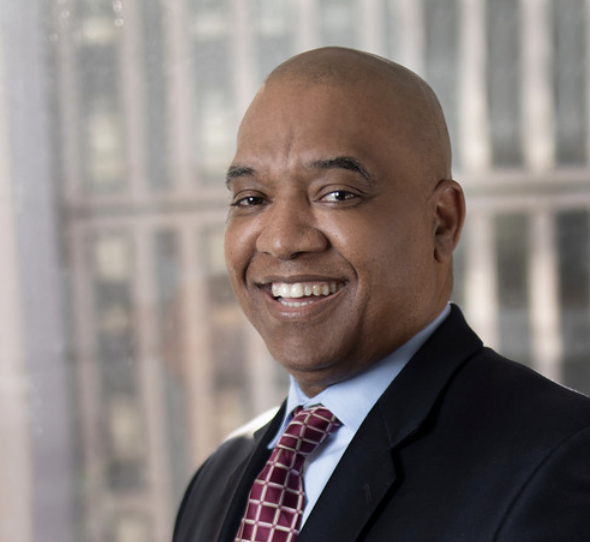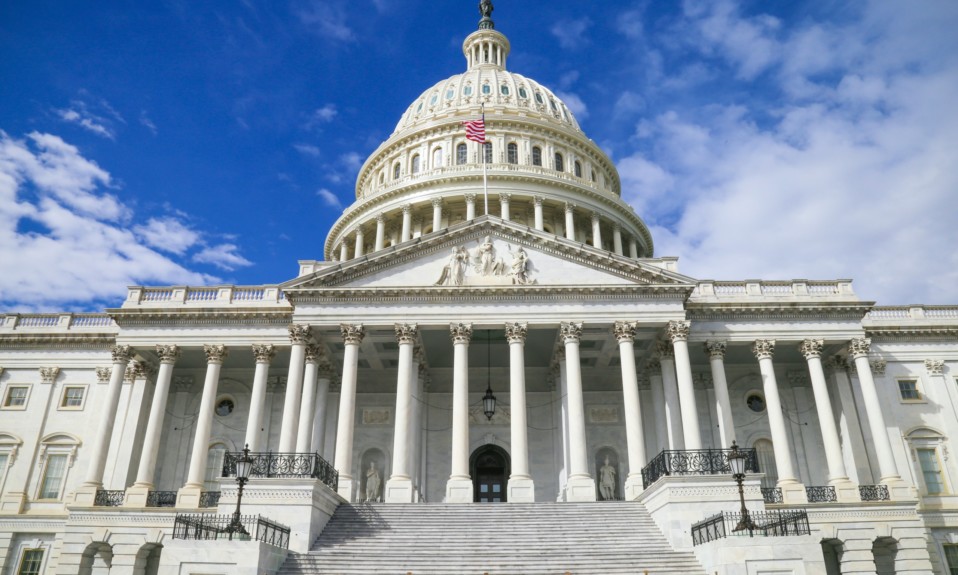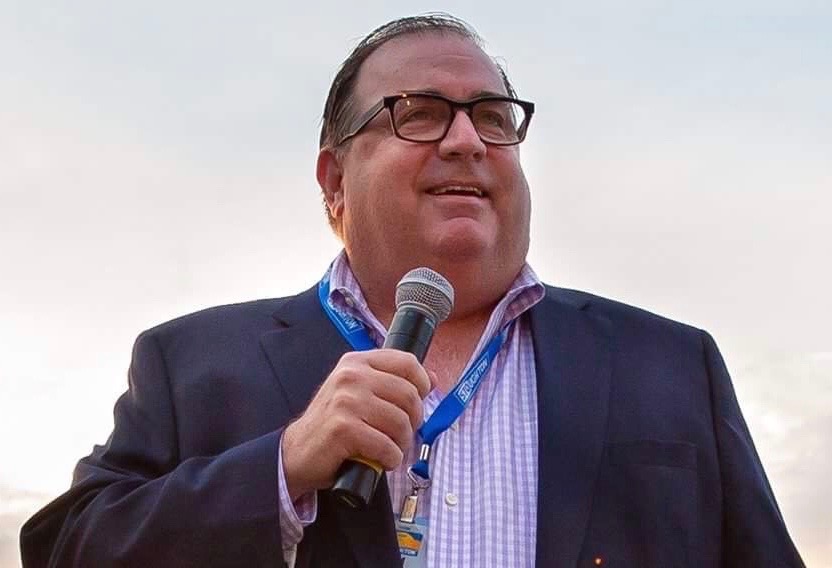Also, 9-8-8 to become the new national suicide hotline, and federal agencies will be renamed to remove the word “abuse”; plus more industry news
By Dulcie Ulloa
New & Next: Policy
Inside Biden’s HHS Budget
On March 28, the Biden administration unveiled its budget for the Department of Health and Human Services (HHS) for the 2023 fiscal year. The proposal includes $127.3 billion in discretionary spending, marking a 27% increase from fiscal year 2021, and $1.7 trillion in mandatory funding. In line with President Biden’s call for full parity between physical and mental health care, a key focus is on behavioral health and substance use, including:
- $35.4 billion to improve mental health access in Medicaid
- $11.0 billion on programs addressing opioids and overdose-related activities
- $7.5 billion for a Mental Health Transformation Fund, to expand access to mental health services through workforce development and service expansion
- $4.1 billion to permanently extend funding for community mental health centers
- $3.5 billion to improve Medicare health coverage and make access more affordable
- $1.2 billion to strengthen consumer protections and improve services in the private insurance market
The budget also includes a historic $697 million investment in the National Suicide Prevention Hotline and expansion of access to other behavioral health services for those experiencing suicidal ideations or a behavioral health crisis. In July, the national hotline will transition from a 10-digit number to the simpler 9-8-8.
One other item of note: To address the harm done by language that continues to stigmatize addiction, the budget also proposes removing the word “abuse” from all HHS terminology. As such, various agencies would be getting new names:
- The Substance Abuse and Mental Health Services Administration (SAMSHA) would be renamed the Substance Use and Mental Health Services Administration
- The National Institute on Alcohol Abuse and Alcoholism (NIAAA) would become the National Institute on Alcohol Effects and Alcohol-Associated Disorders
- The National Institute on Drug Abuse (NIDA) would be the National Institute on Drugs and Addiction
“Millions of people in America today are experiencing mental illness, coping with substance use disorder, or both—they deserve a healthcare system where everyone who needs help can access care when and where they seek it,” said Miriam Delphin-Rittmon, PhD, Assistant Secretary for Mental Health and Substance Use and the SAMSHA administrator. “This funding brings us closer to providing necessary wraparound services in all communities across the country.”
New & Next: People
Illinois Gets a Behavioral Health Czar

In conjunction with his State Overdose Action Plan (SOAP), unveiled in March, Illinois Gov. J.B. Pritzker appointed David T. Jones as the state’s chief behavioral health officer. Jones will oversee Illinois’ mental and behavioral health efforts, working to increase interagency coordination and make systems more efficient. He currently serves as the director of the state’s Division of Substance Use Prevention and Recovery, and before that was commissioner of the Philadelphia Department of Behavioral Health and Intellectual disAbility Services, overseeing a $1 billion agency with more than 1,000 workers.
“As the chief behavioral health officer,” Jones said, “I will work with people with lived expertise, behavioral health providers, elected officials, people who use drugs and other stakeholders to transform how Illinois supports mental, emotional and overall behavioral health wellness for everyone.”
R. Lorraine Collins named SUNY Distinguished Professor
University at Buffalo professor R. Lorraine Collins, PhD, has been recognized for her longtime work in the field of addictive behavior by being named by the State University of New York (SUNY) as a distinguished professor, the highest achievement for SUNY faculty. Collins is a professor in the Department of Community Health and Health Behavior and associate dean for research in the School of Public Health and Health Professions. In 2021 she received the University at Buffalo’s Distinguished Postdoc Mentor Award, after two decades of serving as co-director of the postdoctoral training program in the Clinical and Research Institute on Addictions. She focuses on alcohol and cannabis use, especially in young adults, as well as gender and socioeconomic status in substance use. Collins was a member of the working group that drafted legislation to regulate adult-use marijuana in New York state, which passed into law in 2021,
New & Next: Industry
FORE Grants Support Vulnerable Communities
The Foundation for Opioid Response Efforts (FORE) announced $10.9 million in grants that will fund programs to support communities most vulnerable to the opioid crisis. Universities and organizations in California, Colorado, Florida, Georgia, New Jersey, New Mexico, Washington and West Virginia will receive grants ranging from $375,000 to $1.5 million for programs and research helping families and marginalized youth who are affected by opioid misuse and substance addiction at a systemic level.
“A key step in addressing the opioid crisis is to develop and implement programs to break the cycle of intergenerational addiction,” FORE president Karen A. Scott, MD, MPH, said. Andrea G. Barthwell, MD, chair of FORE’s board of directors, added, “FORE prioritizes its work to reach high-risk populations with evidence-based, patient-centered services.”
Top photo: Louis Velazquez














